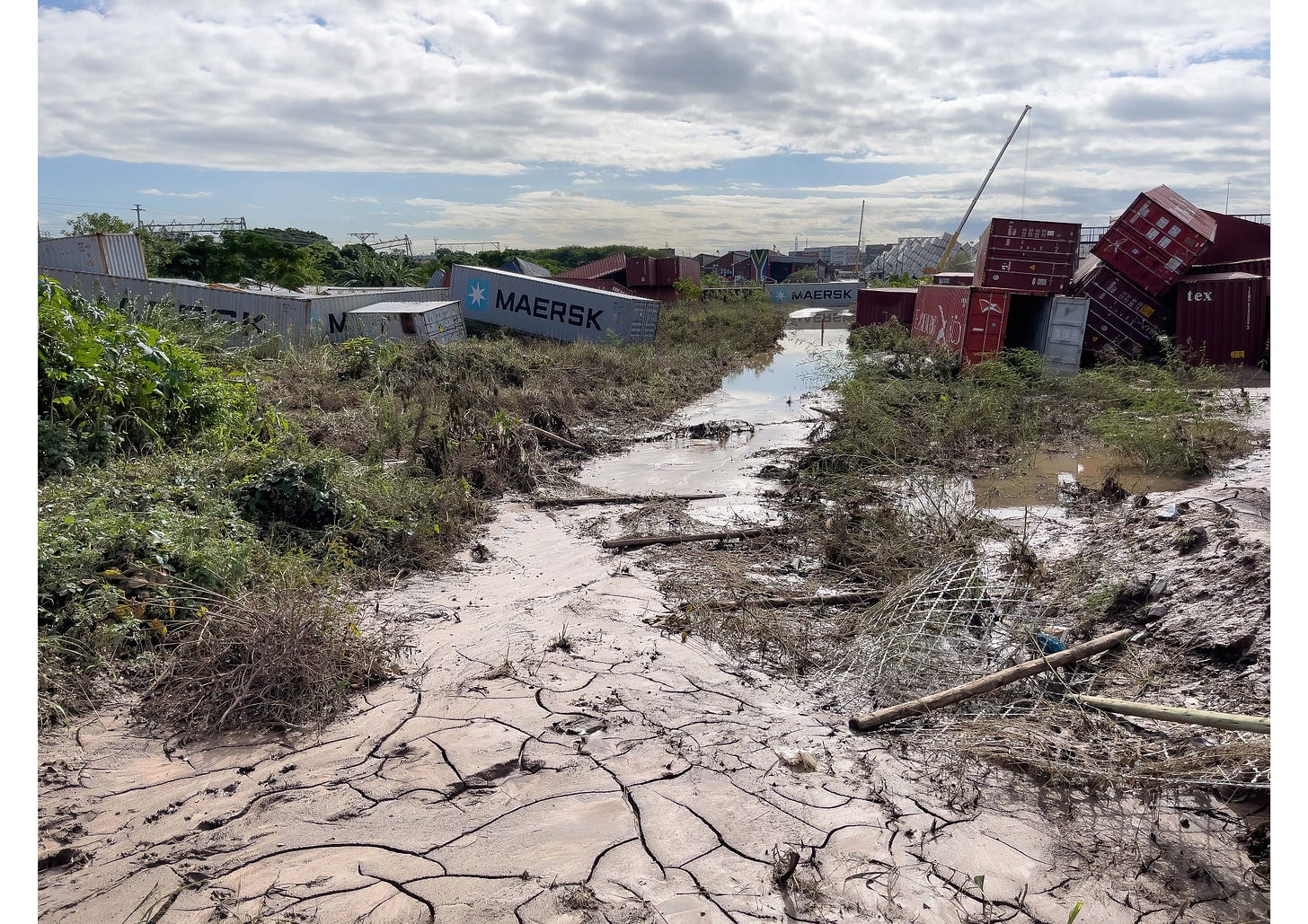Gauteng Province to Convene Climate Change Conference
The event aligns with the constitutional mandate of protecting the environment for present and future generations, emphasising the right to an environment that is not harmful to health and well-being.
JOHANNESBURG, South Africa — Gauteng Province will host a pivotal Climate Change Indaba on November 27, 2024, at the Birchwood Hotel and OR Tambo Conference Centre, aiming to address critical challenges in climate action and finance, writes Emmanuel Koro.
The conference, themed "Overcoming Barriers to Climate Finance and Implementation of Climate Action," comes as the province grapples with significant climate-related vulnerabilities, including recent droughts and floods that have disrupted agricultural production and infrastructure.
"We are developing climate policies, establishing institutional mechanisms, and implementing various climate change programmes," said the Gauteng Department of Environment in a recent announcement.
Hosted by Gauteng Premier Panyazza Lesufi's office, the Indaba responds to South Africa's Climate Change Act 22 of 2024, which seeks to facilitate an effective climate change response and promote a just transition to a low-carbon economy.
The province, South Africa's industrial hub, faces substantial challenges in reducing carbon emissions. Current sources include carbon-linked energy use, traffic congestion, increased private vehicle usage, and household fuel burning in socio-economically disadvantaged areas.
Gauteng's current carbon emissions reduction target ranges from 139 to 215 metric tonnes of carbon dioxide equivalent annually.
The province is increasingly adopting clean energy solutions, with sectors increasingly funding and implementing solar, wind, and geothermal energy projects.
The conference aims to engage stakeholders in developing solutions for low-carbon socio-economic development and building a climate-resilient Gauteng City Region.
The event aligns with the constitutional mandate of protecting the environment for present and future generations, emphasising the right to an environment that is not harmful to health and well-being.



